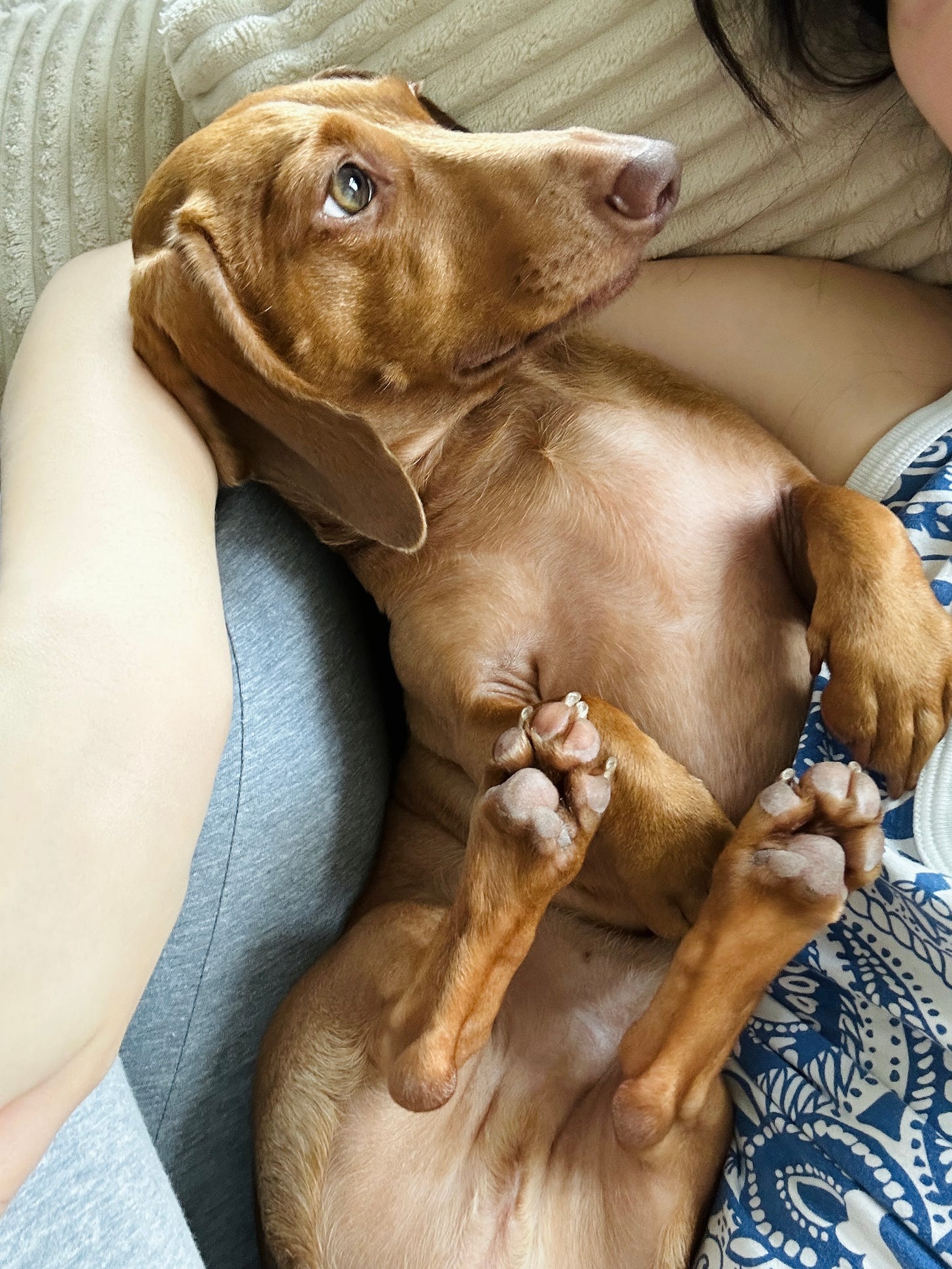Fats, Pancreatitis, and Holiday Tips
The holidays are nearly here and every year around this time there is a spike in medical emergencies for both people and dogs. Family gatherings, lots of sugary food and drinks, and extra time indoors can all be taxing on the body. For dogs, the abundance of food, trash, and table scraps increase the risk of illness. Today we share some…




